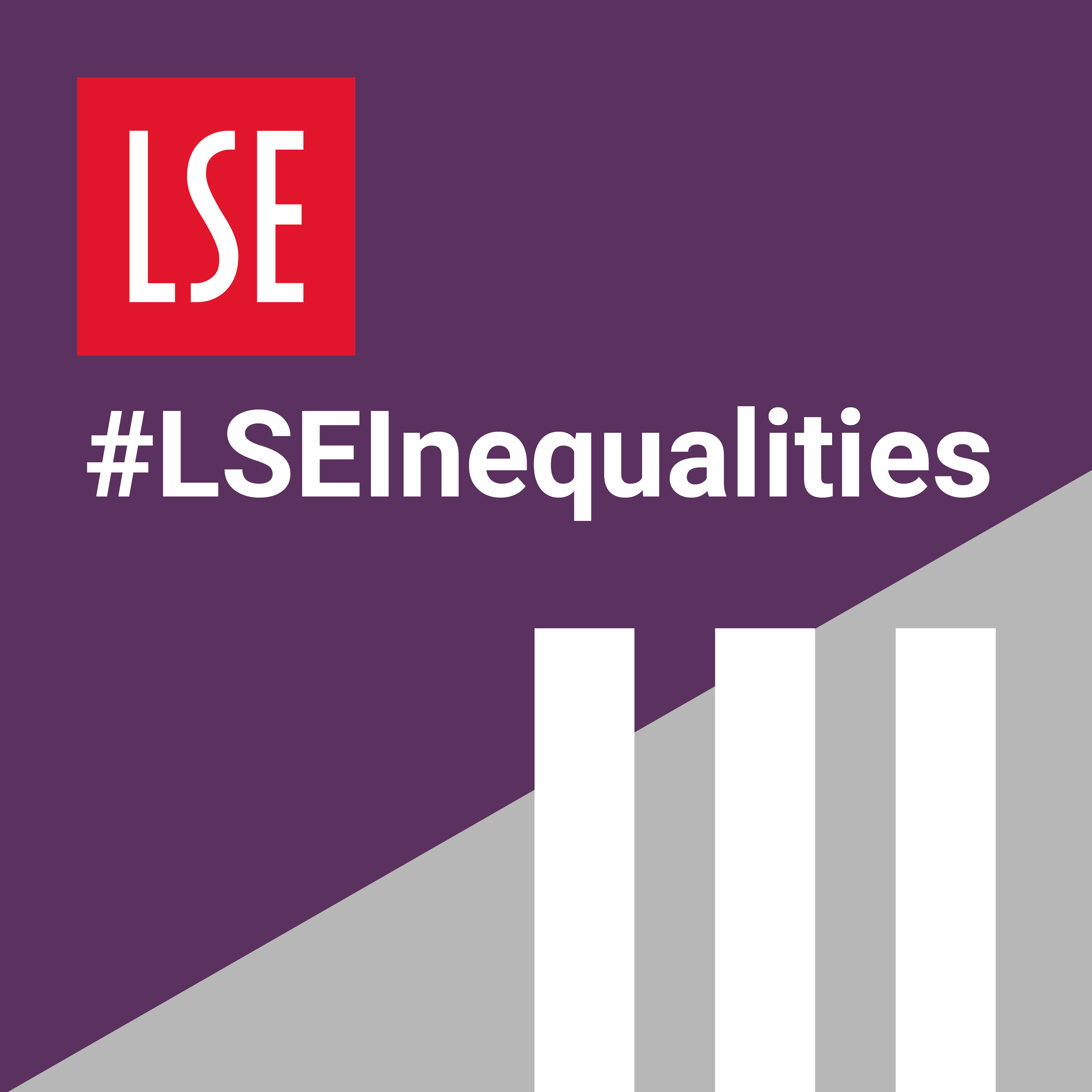 The Impact of Immigration on Natives’ Fertility: Evidence from Syrians in Turkey
LSE III
The Impact of Immigration on Natives’ Fertility: Evidence from Syrians in Turkey
LSE III
The discussion on whether immigration can solve the problems of population aging often focus on the fertility of immigrants. Additionally, standard projections often consider the impact of migration on population growth but assume that the natives’ fertility does not change in response to migration. By contrast, we show that the native fertility is affected by immigration. We use the Syrian mass migration to specific Turkish provinces shortly after the 2011 civil war as an exogenous source of variation in exposure to immigration and show that natives’ fertility in the affected provinces increased relative to the provinces that are less affected. Our findings are consistent across fertility measures both at the aggregate and individual levels. We provide further analyses to test four potential mechanisms and to show heterogeneity in the fertility response by population subgroups. We find that the labor market-related factors and social interactions can plausibly explain the increase in natives’ fertility.